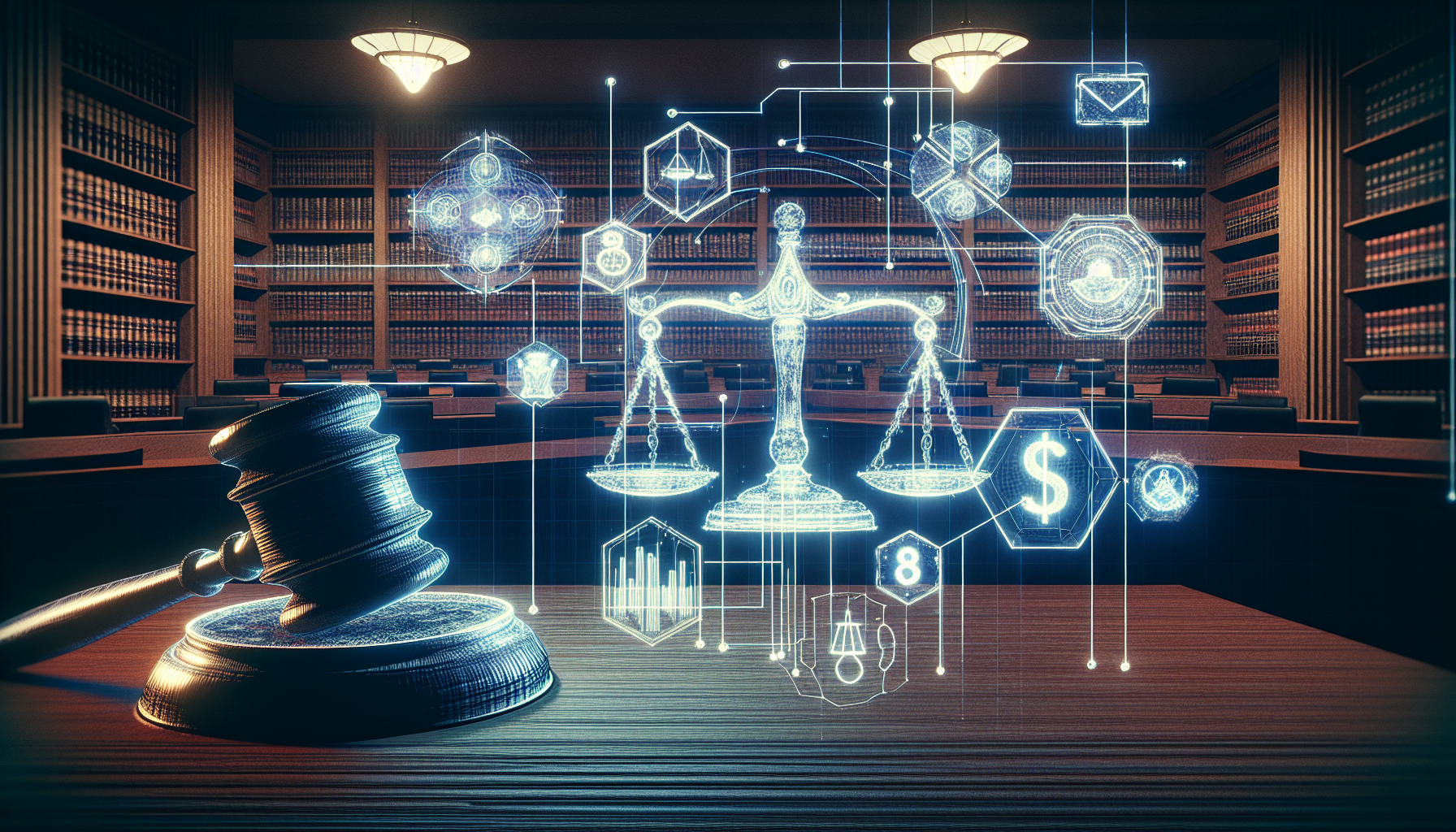
Demystifying Complexities: An Introduction to Leveraging ChatGPT for Economic Damage Calculations
Economic damages in personal injury cases can be intricate, encompassing a wide range of costs such as medical bills, lost wages, and future financial losses. The advent of large language models (LLMs) like ChatGPT has opened new avenues for paralegals to perform these calculations with enhanced efficiency and precision. Given the critical nature of accuracy and expedience in legal work, integrating AI into the workflow promises to be a game changer.
Laying the Foundation: Understanding Economic Damages in Personal Injury Cases
In personal injury cases, economic damages refer to the quantifiable monetary losses a plaintiff suffers due to an injury. These damages are typically categorized into three main types:
- Medical Bills: Covering past and ongoing medical expenses.
- Lost Wages: Accounting for the income lost due to the injury.
- Future Economic Losses: Projecting long-term financial impacts, such as future medical care and loss of earning potential.
Precise calculation of these damages is indispensable as it directly affects the compensation awarded. Errors in calculation can lead to undervaluation of claims, resulting in significant financial disadvantages for the injured party. Therefore, leveraging advanced tools that ensure accuracy is both a necessity and a strategic advantage.
Also read:
The AI Advantage: How ChatGPT Can Revolutionize Calculations
The capabilities of ChatGPT extend far beyond basic automation. With its language processing prowess, ChatGPT can:
- Summarize extensive medical billing records
- Extract detailed wage information from various documents
- Generate complex financial projections for future losses
Using AI in legal settings can dramatically reduce the time spent on repetitive data entry tasks, allowing legal professionals to focus on higher-value activities, such as strategic planning and client consultation.
Also read:
Prompt Engineering: Crafting the Perfect Query
Prompt engineering is crucial for maximizing the utility of ChatGPT. By asking specific and well-structured questions, users can extract the most relevant data quickly and accurately. Here’s how you can craft precise prompts:
Summarizing Medical Bill Records
When summarizing medical bills, clarity and specificity are key:
Summarize the medical expenses for patient ID XXXXXX, breaking down costs into categories such as hospital stay, medication, surgeries, and consultations. Provide totals for each category.Extracting Lost Wage Information
To gather lost wage data, ensure you include all necessary details:
Calculate the lost wages for John Doe who was unable to work from [Start Date] to [End Date]. His annual salary was $YYYY.YY with additional monthly benefits of $ZZ.ZZ.Estimating Future Economic Losses
Crafting prompts for future losses involves projections and contextual data:
Estimate the future economic losses for Jane Smith considering ongoing medical treatments and reduced earning capacity. Her current treatment costs are $X, and her earning capacity has a projected annual decrease of Y% over the next Z years.By employing these prompt structures, you can ensure more accurate and actionable AI outputs.
Also read:
Time-Saving Techniques: Automating Repetitive Tasks
One of the standout benefits of ChatGPT is its ability to automate repetitive tasks, freeing up considerable time:
- Utilize Pre-Set Automation: Setup pre-determined automation rules for recurring tasks like monthly medical bill summarization.
- Create Templates for Frequent Queries: Develop and store templates for common queries to streamline processes. For Example:
Provide a monthly summary of medical expenses for [Client Name] with itemized costs broken down by category. - Time Management Tips: Integrate ChatGPT with time management tools to track the efficiency gains and further optimize your schedule.
Implementing these techniques ensures that your practice not only maintains high standards of accuracy but also benefits from reduced turnaround times.
Also read:
Ensuring Accuracy: Verifying and Validating AI-Generated Data
Cross-checking and validation are imperative to ensure the reliability of AI-generated data:
- Cross-Checking Methods: Compare AI outputs with manual calculations to identify discrepancies.
- Human Oversight: Integrate a layer of human verification to review and approve AI-generated data before finalizing documents.
Workflow Integration: Seamlessly Embedding ChatGPT in Your Daily Routine
Integrating ChatGPT into daily tasks involves more than just using the tool; it requires a strategic approach:
- Step-by-Step Guide: Begin with identifying the tasks that can be automated and then gradually embedding ChatGPT into these workflows.
- Compatible Tools and Platforms: Use platforms like Microsoft Teams or Slack that integrate seamlessly with ChatGPT for smooth collaboration.
- Collaboration Tips: Promote a culture of sharing AI-generated insights within your team to enhance collective efficiency.
Also read:
Final Thoughts: Elevating Your Paralegal Practice with AI
In summary, leveraging ChatGPT and other LLMs offers significant benefits in the realm of economic damage calculations. By embracing these advanced tools, you can dramatically improve efficiency and accuracy, adding immense value to your paralegal practice. As AI technology continues to evolve, ongoing learning and adaptation will be crucial in maintaining a competitive edge.


